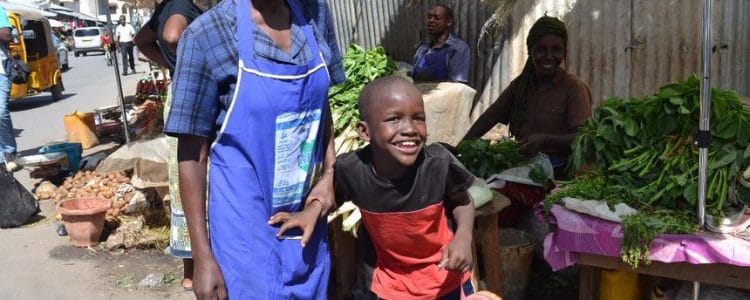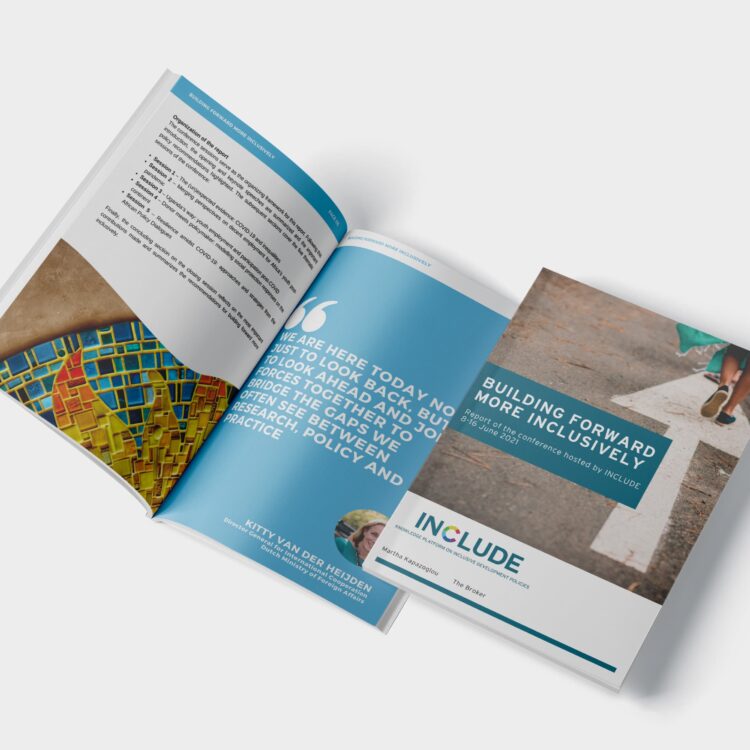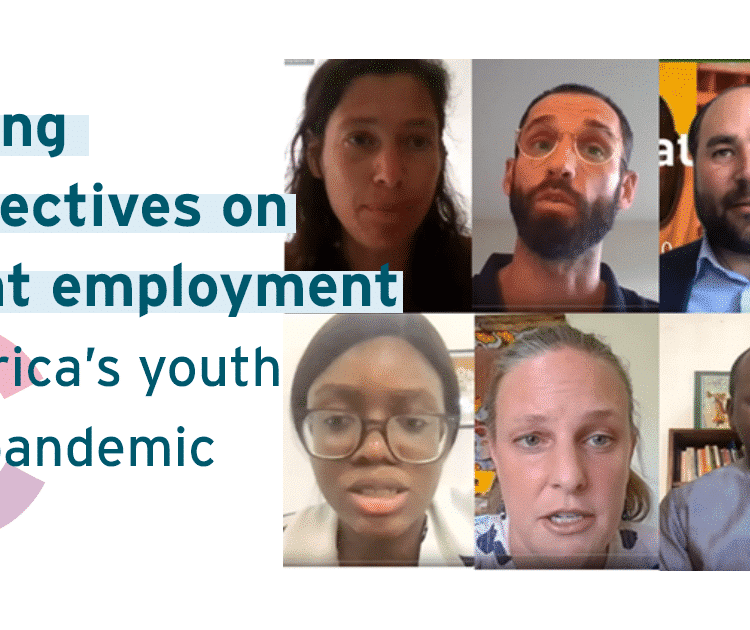
To enhance the use of evidence in formulation and implementation of social protection interventions in Kenya, the Partnership for African Social and Governance Research (PASGR) and the African Institute for Health & Development (AIHD) initiated Utafiti Sera, a research-policy community that brings together key stakeholders in social protection, including the media. There is increasing evidence that cash transfers are leading to improvements of people’s livelihoods. The impact of the National Safety Net Programme or Inua Jamii (lift the community) is illustrated through the stories of the beneficiaries in two daily newspapers in Kenya titled ‘Cash transfers for disabled: Is the Inua Jamii plan changing lives?‘, in The Star Newspaper and another one titled ‘Cash transfer-Monthly stipend helps ease suffering of the elderly, orphans and the disabled‘, which was published by the Standard Newspaper. The final news feature titled ‘How proper research led to success of Inua Jamii project for disabled people‘ highlights the contribution of Utafiti Sera research-policy community to the success of the programme.
The firs two news features describe outcomes and impact of the Inua Jamii, a cash transfer programme initiated by the Government of Kenya. Inua Jamii started as a pilot scheme in 2010 and involves a transfer of Kshs 2,000 (about USD20) to the elderly persons over 65 years old, disabled persons, Orphans and Vulnerable Children (OVC) and extremely poor people in Kenya. The programme has expanded and now covers over 830,000 people in Kenya. Overall, the evidence in the stories show how individuals and households have benefited from the Inua Jamii cash grant. In particular, it explains how recipients have used the funds to cater for the needs of their household such as purchase of groceries as well as used the cash to establish small businesses. In doing so, cash transfers have not only assisted individuals to cope with vulnerabilities (protective function) but also enabled them to invest in small businesses that have led to the improvement of their livelihoods (productive function). For instance, some of the beneficiaries have used income they generate from small businesses to purchase land and therefore increased the stock of household assets. The news features also highlight some challenges with the implementation of the cash transfer including delays in disbursement of the grants and missing names of beneficiaries from the list of people to be paid.
The final news feature highlights how through the evidence shared in forums held by the Utafiti Sera research-policy community, the AIHD in collaboration with PASGR have contributed to decisions made in successful development of the social protection programmes in Kenya. For example, PASGR has sponsored social protection studies to inform and influence policy and the AIHD has provided technical assistance to the Kenyan government in the implementation of social protection programmes. Notably, the Utafiti Sera community on social protection in Kenya is one of the seven research-policy communities in Africa supported by INCLUDE to encourage the use of research evidence in policy making processes in the countries.
Read the full news features using the links below.
Cash transfers for disabled-Is the Inua Jamii plan changing lives
Cash transfer-Monthly stipend helps ease suffering of the elderly, orphans and the disabled
How proper research led to success of Inua Jamii project for disabled people




